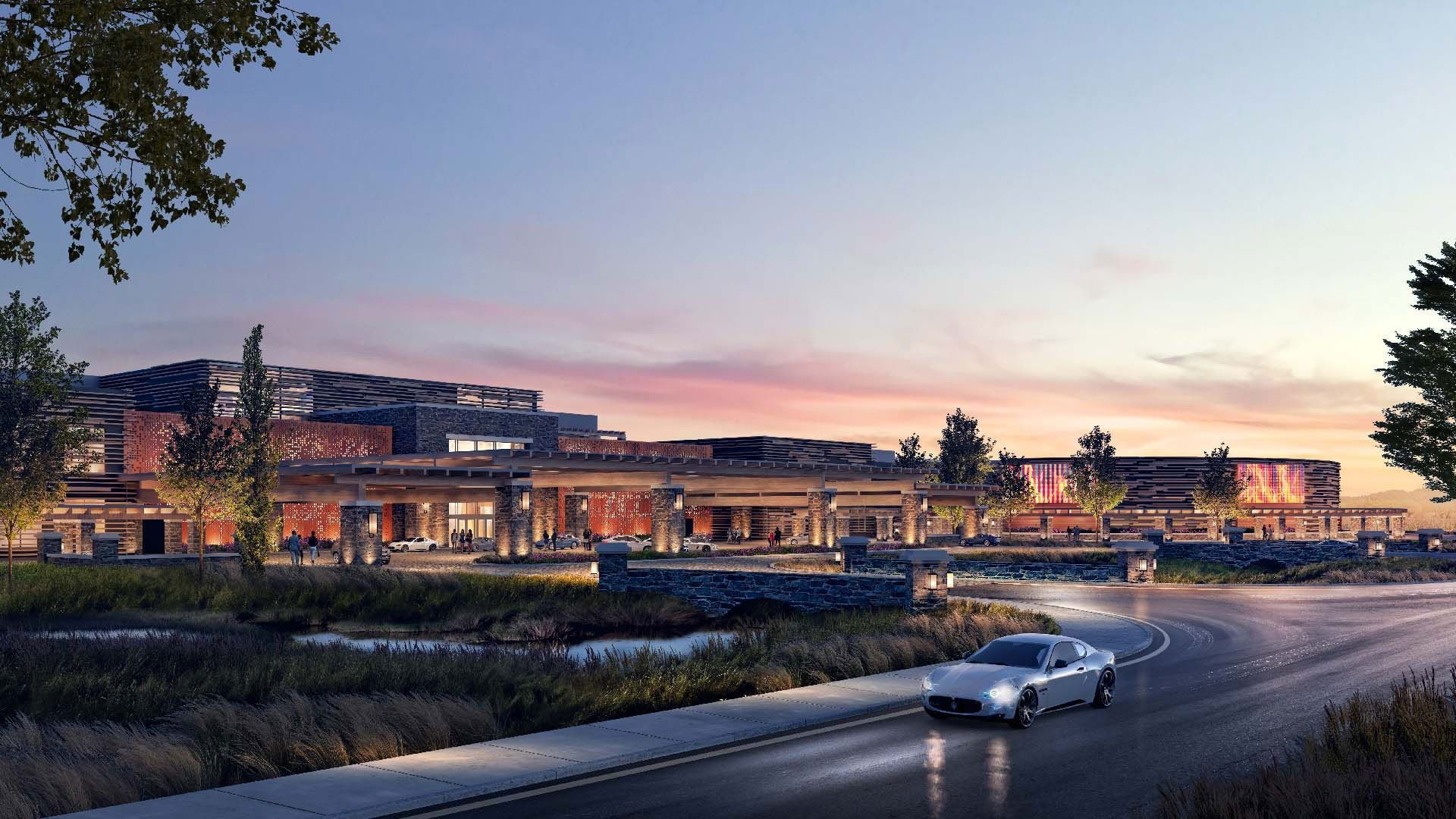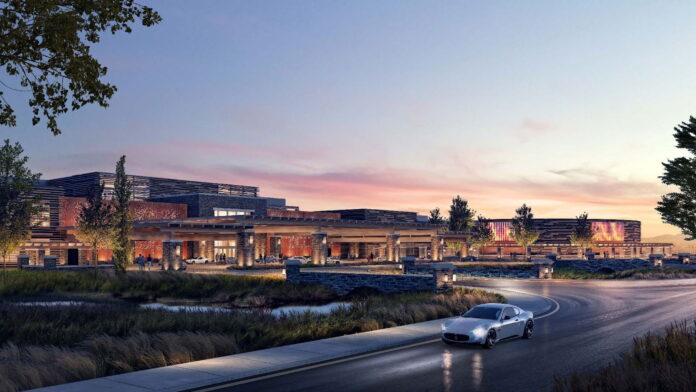
The Federated Indians of Graton Rancheria have filed a lawsuit against the U.S. Department of the Interior, seeking to overturn its approval of the Koi Nation’s application to establish a casino resort outside Windsor, California.
The legal action, submitted on February 14 in the U.S. District Court for the Northern District of California, follows an unsuccessful attempt by Graton Rancheria last November to block the project.
The new lawsuit names Interior Secretary Doug Burgum, several department officials, and the Bureau of Indian Affairs as defendants. It argues that the approval process violated multiple federal laws governing tribal gaming and was executed without proper authority.
Graton Rancheria Chairman Greg Sarris emphasized the tribe’s opposition, stating: “The Federated Indians of Graton Rancheria continues to fight to reverse the previous Interior Department’s rushed, illegal approval of the Koi Nation’s proposed casino on our tribe’s sacred ancestral lands.”
A central claim in the lawsuit challenges the authority of the official who signed the Record of Decision on January 13. The complaint details that while Assistant Secretary of Indian Affairs Bryan Newland typically held this responsibility, he recused himself due to a past legal relationship with the Koi Nation.
His designated successor, Wizipan Garriott, had left his post on January 10, and interim replacement Kathryn Isom-Clause also recused herself. The decision was ultimately signed by Bureau of Indian Education Director Tony Dearman, but Graton Rancheria contends that no formal documentation granted him authority to authorize the approval.
The lawsuit also criticizes the environmental impact review conducted for the project, claiming it did not adequately assess wildfire risks, traffic congestion, air and water quality, noise pollution, or the effect on local wildlife. Additionally, it argues that the study failed to consider alternative sites within Lake County, where the Koi Nation traces its ancestral homeland.
The Koi Nation, a federally recognized tribe, claims historical ties to the Windsor site, stating it was part of its traditional trading routes and that many members settled in Sonoma County following multiple displacements. Graton Rancheria strongly opposes this argument, maintaining that the land belongs to Southern Pomo tribes, whereas the Koi are part of a Southeastern Pomo band.
“For months, our tribe requested to consult with Secretary Haaland and her team to demonstrate how the Koi Nation’s project will harm our cultural resources and undermine our tribal sovereignty, but they ignored our repeated pleas,” Sarris said. “Instead, unelected Washington bureaucrats rushed through this process to achieve a predetermined outcome. We urge the court to reverse this illegal land grab.”
The Koi Nation plans to develop a 400-room hotel and a 530,000-square-foot gaming floor casino with 2,750 slot machines and over 100 table games on 68 acres near Shiloh Road and Old Redwood Highway. The project faces opposition not only from Graton Rancheria but also from Dry Creek Rancheria, which operates River Rock Casino in Sonoma County.
A spokesperson for the Koi Nation, Sam Singer, acknowledged the lawsuit, stating the tribe is “aware” of the legal challenge and looks forward to the U.S. Department of Justice defending the Interior Department’s decision. The Interior Department has not yet commented on the pending litigation.
Original article: https://www.yogonet.com/international/news/2025/02/24/95901-graton-rancheria-sues-us-interior-department-over-koi-nation-casino-approval
















